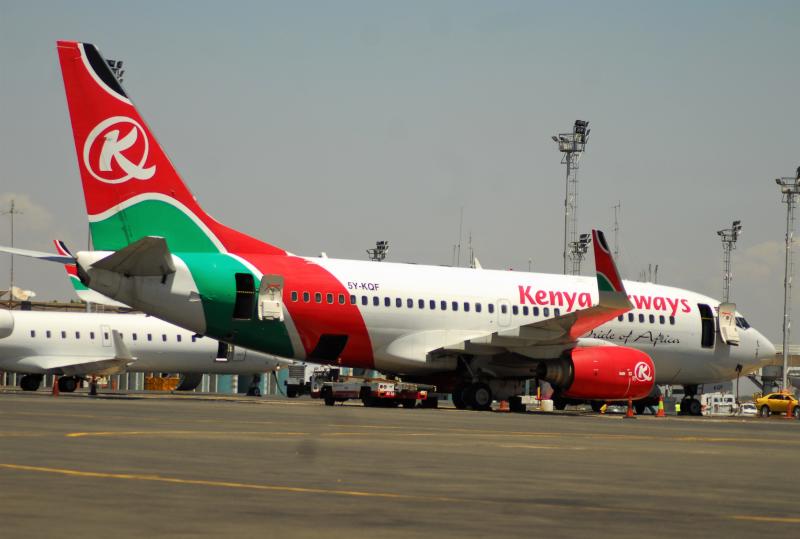×
The Standard e-Paper
Home To Bold Columnists

Kenya Airways planes at Jomo Kenyatta International Airport (JKIA), Nairobi. [Boniface Okendo, Standard]
There is a saying that goes, “the past is where you learned the lesson. The future is where you apply the lesson”.